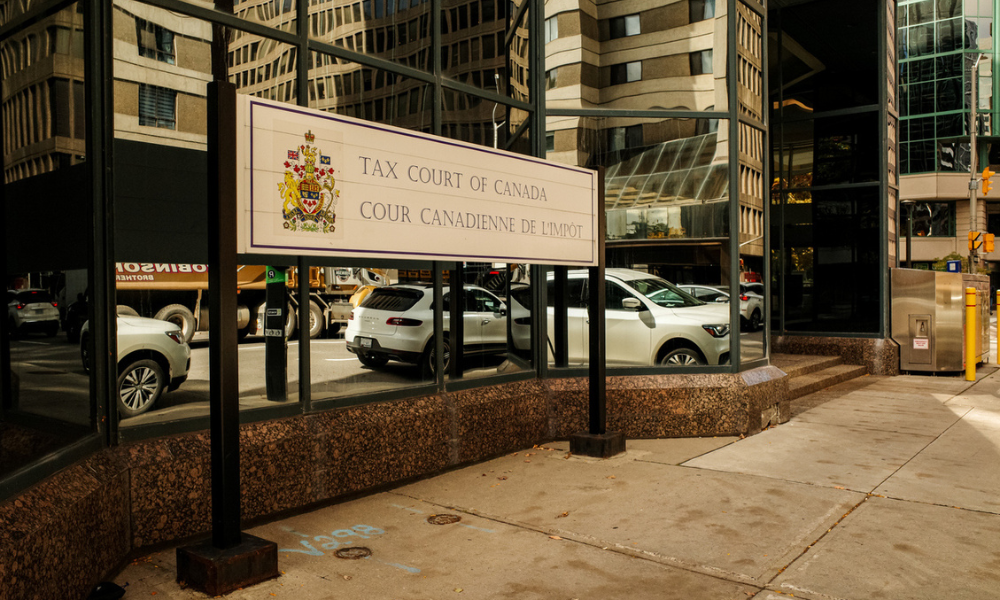Arbitration addressed issue of whether claim was time-barred

The British Columbia Court of Appeal recently granted leave to appeal on the issue of whether s. 8(d) of BC’s Limitation Act required a subjective/objective analysis but refused leave on the question of whether a construction subcontract’s change order process postponed the limitation period.
In 2017, The Graham-Aecon Joint Venture, Graham Infrastructure LP, and Aecon Water Infrastructure Inc. – the appellants in The Graham-Aecon Joint Venture v. Malcolm Drilling Company Inc., 2022 BCCA 319 – entered into a contract with the Greater Vancouver Sewage and Drainage District to construct a new odour control treatment facility.
A subcontract required the respondent, Malcolm Drilling Company Inc., to drill into the ground and the appellants to provide, supply, and install cement deep soil mixing walls and beams. While drilling, the respondent’s tool became lodged in the ground. The respondent requested a change order, started using an alternate drilling tool, and abandoned the old tool, for which it received no payment.
Most Read
In 2019, the respondent filed a civil action in the BC Supreme Court. In February 2020, the appellants brought an application to stay the action on the ground that an arbitration agreement covered the dispute. One month later, the parties entered into a tolling agreement to suspend the limitation period until 30 days after the determination of the stay application. In June 2021, the BC Supreme Court stayed the respondent’s action.
During arbitration, the dispute focused on the interpretation of s. 8(d) of the Limitation Act. The appellants argued that the respondent discovered its civil claim on Dec. 18, 2017, when it was directed to abandon the tool. The respondent contended that it discovered its claim on Feb. 8, 2019, when the appellants communicated its refusal to pay the lost tool’s costs.
The arbitrator decided that the respondent’s request for a change order on Dec. 7, 2017, triggered the requirements in ss. 8(a) to (c) of the Limitation Act. However, the arbitrator said that s. 8(d) was not engaged until Feb. 8, 2019. The appellants asked for leave to appeal the arbitral award.
Leave to appeal restricted
The appellate court restricted the leave to appeal to the arbitrator’s interpretation of s. 8(d).
The appellants’ first argument was that the arbitrator improperly decided that the “subjective/objective” approach in Novak v. Bond, [1999] 1 S.C.R. 808 was applicable to s. 8(d). The appellate court disagreed and found that the appellants were excessively emphasizing the arbitrator’s reliance on Novak.
Leave to appeal was appropriate since the question of law – the proper interpretation of s. 8 – was of general or public importance, the appellate court said. The court noted that the arbitrator undertook a detailed statutory interpretation exercise and considered various statutory interpretation principles, s. 8’s language, the policy rationale behind limitations legislation, and principles from relevant case law including the principle that “the situation of the claimant should be assessed through a subjective/objective lens.”
Next, the appellants claimed that leave should be granted based on the discretionary considerations under each of the heads of s. 59(4) of the Arbitration Act. In response, the appellate court found no need to tackle the appellants’ arguments relating to ss. 59(4)(a) or 59(4)(b).
The appellants’ last argument was that the change order process which their agreement required and in which they participated postponed the relevant limitation period. The appellate court ruled that this argument involved a question of mixed fact and law and failed to raise an extricable legal question.
The arbitrator stressed that the decision-maker should consider all the facts and circumstances when applying a statutory limitation period, the appellate court noted. The arbitrator engaged in a significantly fact-driven analysis, including by considering the subcontract’s relevant provisions and the parties’ situation, the court said.










